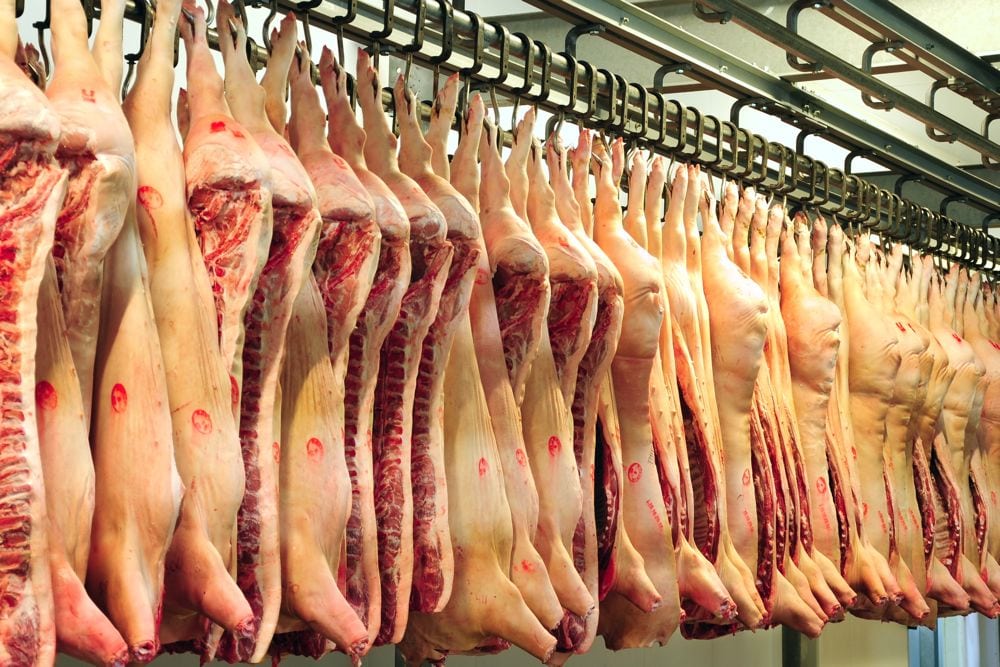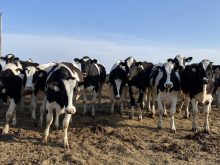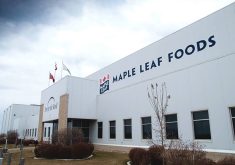Reuters — The U.S. government plans to buy milk and meat from farmers as part of an initial US$15.5 billion effort to help them weather the impact of the coronavirus outbreak, Agriculture Secretary Sonny Perdue said on Wednesday.
The decision comes amid rising pressure from the U.S. farm lobby for government purchases as growers and ranchers struggle to get their goods to market because of disruptions caused by the pandemic, forcing some of them to throw out their supplies.
“We want to purchase as much of this milk, or other protein products, hams and pork products, and move them into where they can be utilized in our food banks, or possibly even into international humanitarian aid,” Perdue said in an interview on Fox Business Network.
Read Also

Alberta crop conditions improve: report
Varied precipitation and warm temperatures were generally beneficial for crop development across Alberta during the week ended July 8, according to the latest provincial crop report released July 11.
Reuters reported on Monday that USDA will spend up to $15.5 billion in the initial phase of its plan to bolster the nation’s food supply chain against the impacts of the outbreak, the first big push to ensure the pandemic doesn’t trigger consumer food shortages (all figures US$).
In the United States, several beef and pork packing plants have shut down as workers fall ill or die from the virus. Smithfield Foods, for example, the world’s biggest pork processor, said on Sunday it will shut a U.S. plant indefinitely due to a rash of coronavirus cases among employees and warned the country was moving “perilously close to the edge” in supplies for grocers.
Some dairy farmers have also been dumping milk because of a loss of their regular buyers, and labourers and truckers are in short supply to work farms and deliver produce, according to Reuters reporting.
On Tuesday, the National Pork Producers Council, which represents U.S. hog farmers, called on the administration to help by purchasing more than $1 billion in pork, and using it to supplement food bank programs facing increased demand due to rising unemployment.
Lawmakers and other industry groups have also supported the idea of government purchases of farm goods.
Separately on Wednesday, the Department of Homeland Security announced an easing of H-2A visa restrictions that it said would make it easier for U.S. agricultural businesses to hire immigrant workers who are already legally in the country.
— Reporting for Reuters by Richard Valdmanis.














